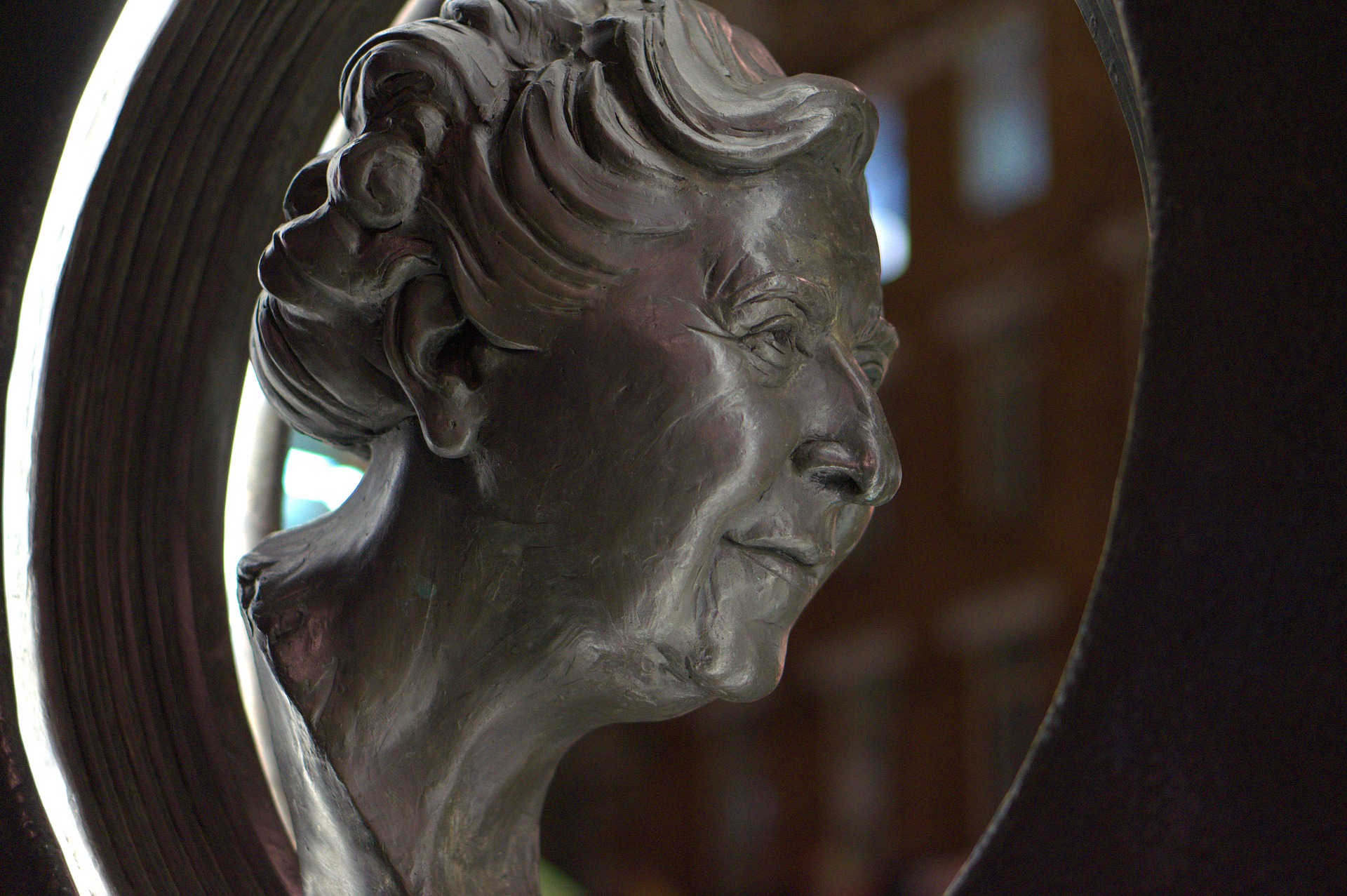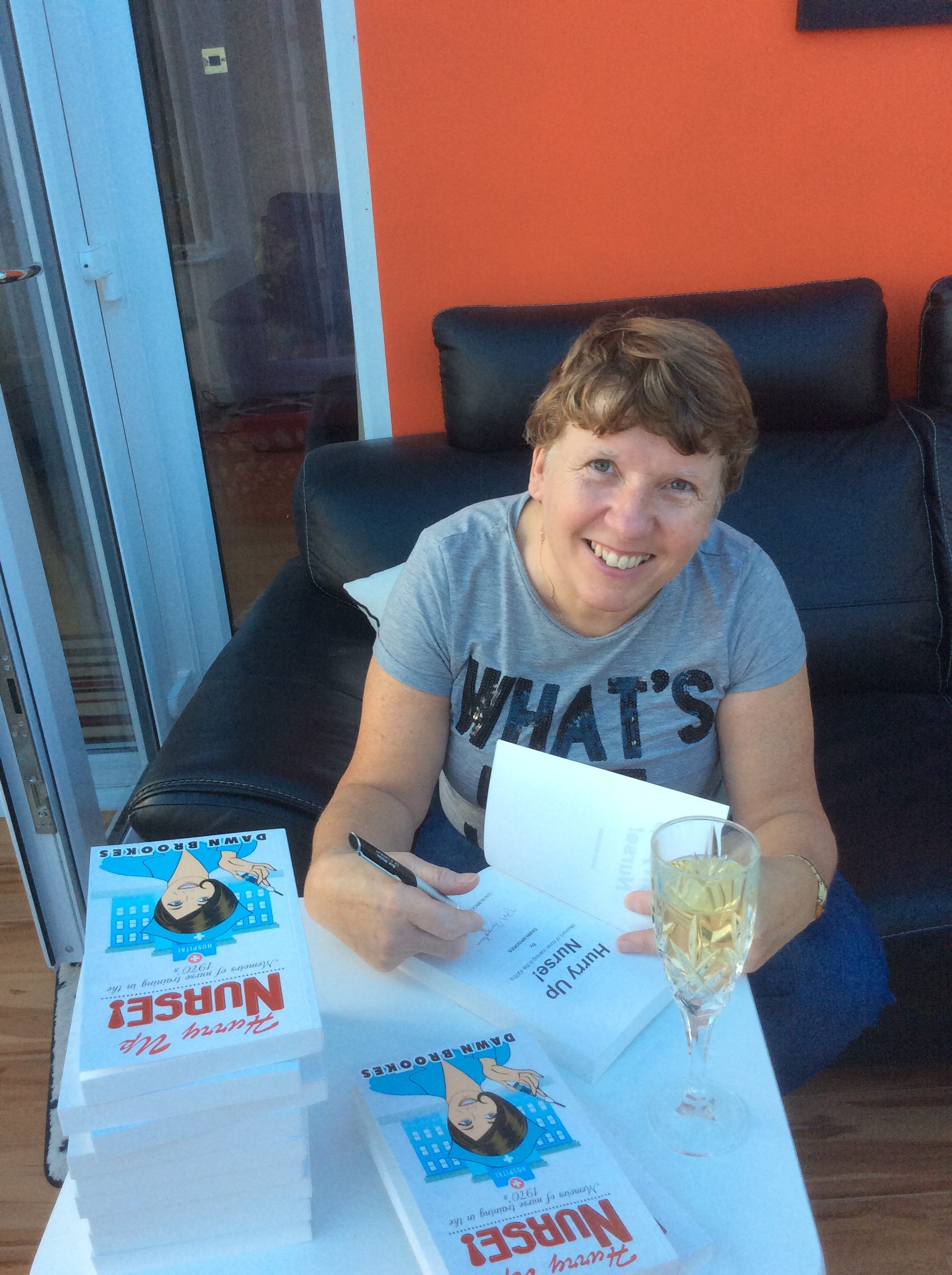Cozy Mystery Writing Conventions
Genre Fiction I’m a mystery writer with my fiction falling into the cozy/cosy crime niche. I've now published seven books in one series with an eighth on the way. Cosy mysteries and the majority of detective novels fall into the category of writing known as genre fiction and on the whole, follow a defined set of conventions. Agatha Christie Monument These conventions/rules developed out of the Golden Age of Crime novels. Authors such as Arthur Conan Doyle, Margery Allingham, Dorothy L Sayers and Agatha Christie created the widely recognised genre. The cosy mystery has evolved over the past few decades as new writers attempt to stretch boundaries, although many still adhere to the Decalogue or ten commandments described by Knox in 1929. Escapist Literature I admit to being challenged by proponents of literary fiction and literary debate such as Albert Camus, but I prefer to write books to enable people to escape from the reality of life. This is one of the reasons I write books where the criminal is always found and justice is served. The popularity of genre fiction could highlight the need for people to feel safe while - at least in terms of crime fiction - being given the opportunity to experience vicarious excitement. The excitement comes through readers exercising their brains to solve the puzzle, working alongside the sleuth. As a former nurse, I studied Maslow's Hierarchy of Human Needs in great detail. He described the need to feel safe in the hierarchy. He postulated human beings needed to satisfy certain needs in order to grow, mentally and physically. Maslow’s definition of safety was more about protection from external elements. Such safety requires a person to have shelter and security of body and mind; order in the world outside; laws that reinforced safety; stability in work and…


